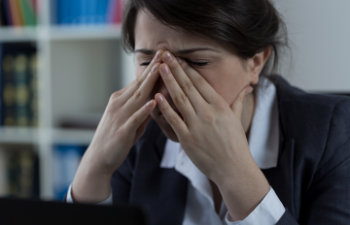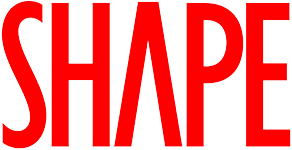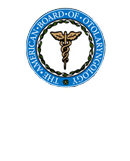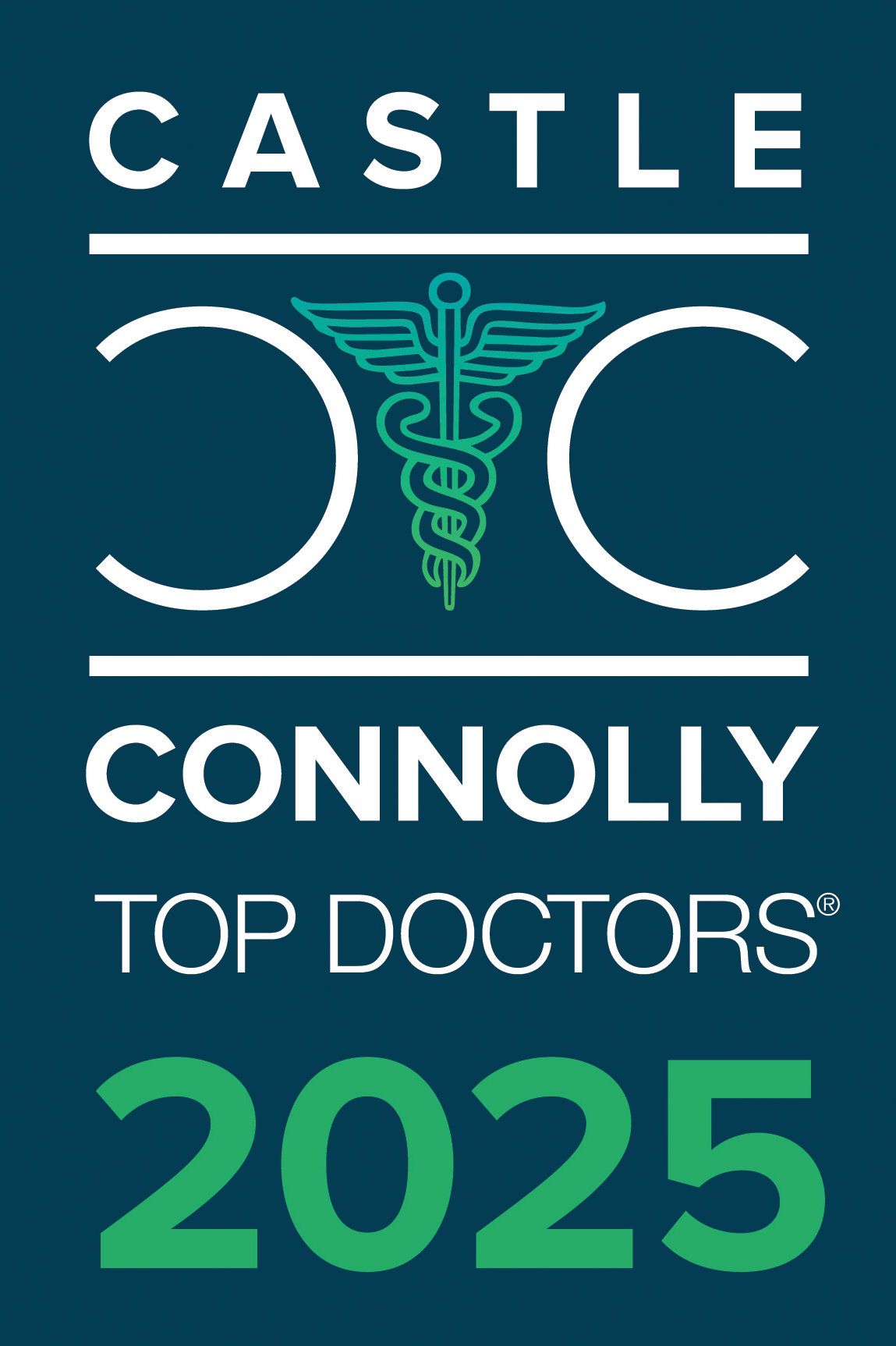Top 5 Winter Sinusitis Concerns
NYC winters can be harsh. As the winter months approach, many New Yorkers start to experience common seasonal ailments, and sinusitis is at the top of that list. The cold, dry air combined with indoor heating can lead to increased sinus issues, making it crucial to be aware of the concerns surrounding sinusitis during winter.
The CDC reports that over 11% of the U.S. population suffers from chronic sinusitis. The Big Apple’s colder winter climate makes it a struggle for many. Dr. Gregory Levitin and his team at New York Sinusitis Treatment on Columbus Circle offer some helpful prevention tips.
Leading NYC Sinusitis Concerns in Winter
Here are some of the top winter sinusitis concerns and tips on how to manage them.
1. Increased Risk of Infections
Winter often brings about an uptick in viral infections, such as colds and flu, which can exacerbate sinusitis. The congestion from a common cold can lead to inflammation and block the sinuses, creating an environment ripe for bacterial growth. According to health experts, those with allergies or existing respiratory conditions are particularly vulnerable during this season.
Prevention Tip: To reduce your risk of viral infections, maintain good hygiene practices, such as frequent hand washing and avoiding close contact with sick individuals.
2. Dry Air and Irritation
Heating systems in our homes during winter can dry out the air, which can lead to irritation of the nasal passages. Dry air can cause mucus to thicken, making it harder for sinuses to drain properly and increasing the chances of sinusitis.
Prevention Tip: Use a humidifier in your home to add moisture to the air. This can help keep your airways hydrated and promote better drainage.
3. Allergens and Indoor Air Quality
With colder weather, people tend to spend more time indoors, which can expose them to indoor allergens like dust mites, pet dander and mold. These allergens can trigger sinusitis symptoms and lead to chronic sinus issues.
Prevention Tip: Clean and vacuum your home regularly, and consider using air purifiers. Also, wash bedding and curtains frequently to reduce allergens.
4. Changes in Barometric Pressure
Winter storms and changes in weather can lead to fluctuations in barometric pressure. For some individuals, these changes can trigger sinus pain and pressure, which can be particularly uncomfortable for those prone to sinusitis.
Prevention Tip: Listen to your body and monitor your symptoms during weather changes. If you notice a pattern of sinus issues with weather fluctuations, consult with Dr. Levitin.
5. Delayed Treatment and Complications
Many people tend to ignore the early symptoms of sinusitis, hoping they will resolve on their own. However, untreated sinusitis can lead to complications, including chronic sinusitis or even infections spreading to nearby areas, such as the ears or throat.
Prevention Tip: If you recognize symptoms like nasal congestion, facial pain and persistent headache, don’t hesitate to consult with New York Sinusitis Treatment for evaluation and potential treatment.
Manhattan Sinus Infection Specialist
Understanding the top winter sinusitis concerns can empower you to take proactive steps in managing your health during the colder months. By taking preventive measures and being aware of your symptoms, you can reduce the likelihood of sinusitis and ensure a healthier winter season.
Contact New York Sinusitis Treatment on Columbus Circle in NYC for advanced treatment options to help you navigate winter’s sinus concerns.













